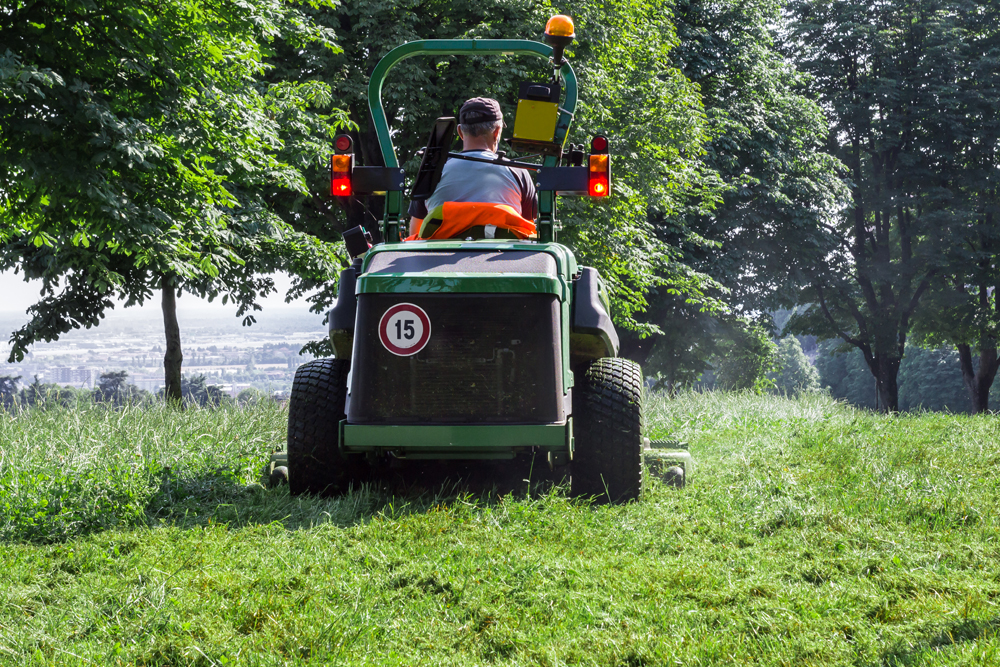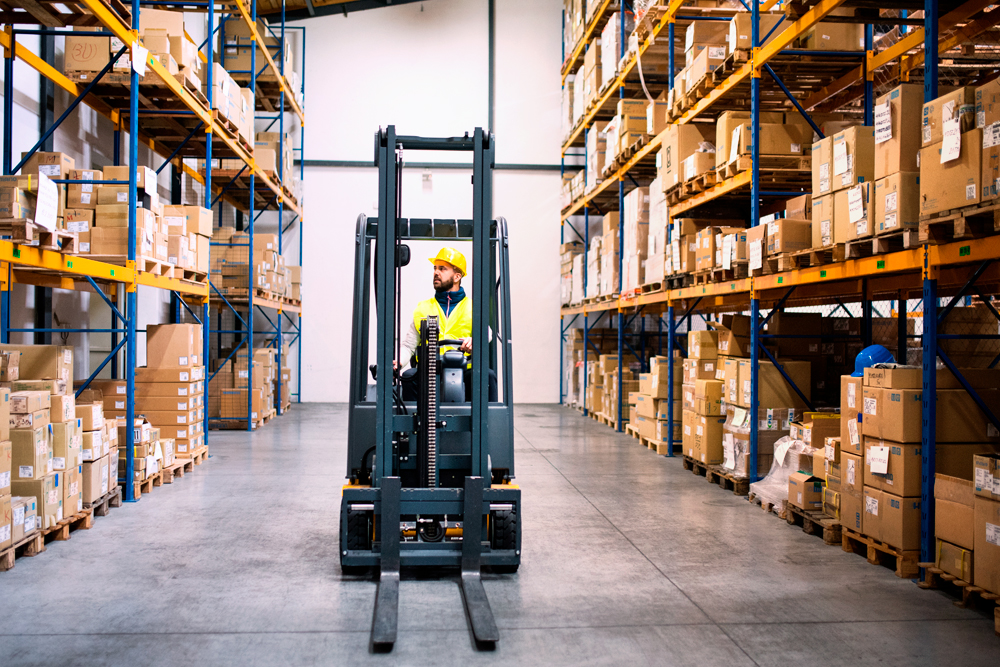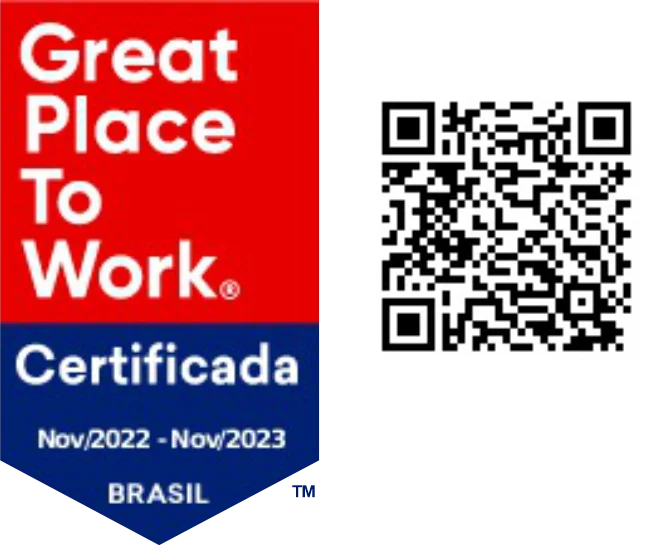Import Series: Garden Machinery

Today, people are more aware of the importance of green areas for air quality and for maintaining good environmental conditions . This represents, without a doubt, a business opportunity. There is, in fact, a growing concern with harmonizing and humanizing the environments where people live and coexist in groups, whether at work or during leisure […]
Import Series: Material Handling Machinery

Since the beginning of this year (2020), a resolution of the Management Committee of the Foreign Trade Chamber (Camex) has been in effect that zeroed the Import Tax (IP) rates on various capital goods, such as industrial machinery and equipment, until December 31, 2021. All the benefited products are in the condition of “ex-tariff”. Basically, […]

